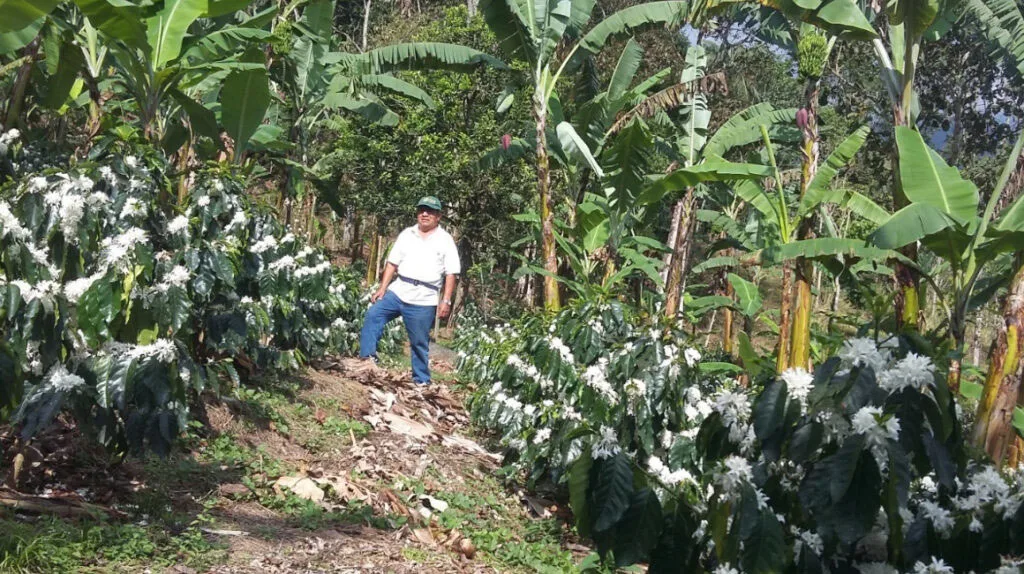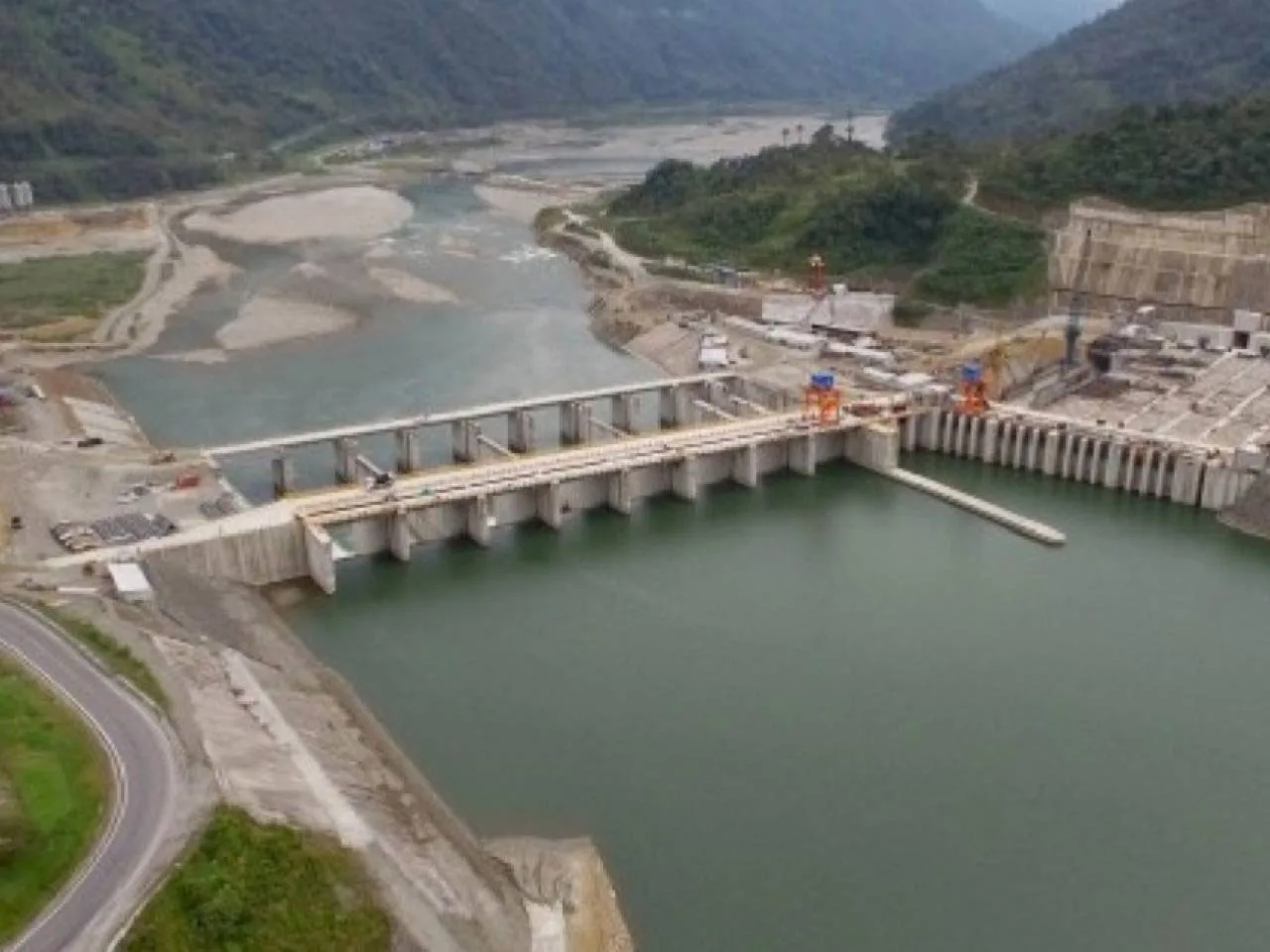UN criticizes Ecuador for crackdown on anti-mining environmental group
The United Nations has criticized the Ecuadorian government for ordering the closure of a land rights, environmental advocacy group that supports an indigenous community protesting a Chinese copper mine on land they claim as their ancestral home.

Quito march supporting Shuar protesters.
The crackdown by Ecuadorian authorities on Quito-based Accion Ecologica was part of a pattern that threatened freedom of association in the country, a group of six U.N. human rights experts said in a statement.
Accion Ecologica has been working for 30 years to protect land whose natural environment is threatened, according to its mission statement.
The group has vocally supported indigenous Shuar protesters, the U.N. statement said, who have accused authorities of kicking them out of their ancestral home in Ecuador’s Morona-Santiago province to make way for mining operations, east of Cuenca.
Earlier this month, Ecuador sent troops to the province after a violent protest staged by Shuars against a Chinese copper exploration project saw the killing of a policeman and injuries to several security officials.
Last week the Ecuadorian government initiated Accion Ecologica’s dissolution, two days after the group called for a public inquiry on attacks against indigenous and environmental rights, according to the United Nations statement.
In their statement, the U.N. rights experts urged the South American nation’s government to reverse its decision, noting it was part of a string of closure of similar rights groups in recent years that had defied government views.
“The government of Ecuador seems to be systematically dissolving organizations when they become too vocal or challenge government orthodoxy,” they said.
“Dissolving groups is the most severe type of restriction on freedom of association.”
The U.N. envoys called on Ecuador to reform the laws giving it the authority to “unilaterally dissolve any kind of organization”.
Accion Ecologica and the Ecuador Permanent Mission to the United Nations in New York City did not immediately respond to requests for comments sent by email.
According to the U.N. officials, research has shown that many indigenous people lack title to land where they live, with between half and two-thirds of the world’s land held by indigenous people and communities under informal or customary ownership systems.
Giving these communities formal land titles can improve environmental sustainability as local residents have more incentive to protect land they formally own, experts say.
Other advocacy groups Ecuador shut down over the last three years include the Union Nacional de Educadores and Pachamama.
Pachamama, whose work also focused on defending the land rights of indigenous people, was dissolved in 2013.
___________________
Credit: Reuters, www.reuters.com
















